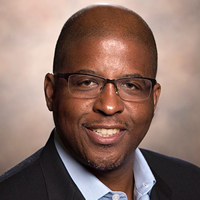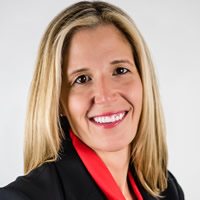- Phillip Graham, Megan Smith, Maureen Berner, and Laura Erickson
- April 1 2020
- W64-2020
- Link to W64-Slides-Measuring-Social-Relationships (PDF)




Phillip Graham, Center on Social Determinants, Risk Behaviors, and Prevention Science, RTI International
Megan V. Smith, Yale School of Medicine and Yale School of Public Health
Dr. Maureen Berner, School of Government, University of North Carolina at Chapel Hill
Laura Erickson, Office of the Assistant Secretary for Planning and Evaluation, U.S. Department of Health and Human Services
Human services programs know the relationships they develop with participants and those they help participants develop outside of their organization matter, but they often struggle with how to measure and track how relationships and social connections contribute to program outcomes.
This webinar:
- Provides an overview of social capital—or the value that arises from relationships—and describe why human services programs should try to measure and evaluate their success in helping participants build social capital;
- Offers concrete examples of ways to measure social capital in human services programs, and key considerations in doing so;
- Explores the value of logic models and approaches for documenting social capital inputs, activities, outputs, and outcomes in a program logic model;
- Demonstrates how one program is tracking social capital to measure program outcomes, support programming, and build evidence of success.
Recording of the Webinar
Categories
Economic Support, Inequality & Mobility, Inequality & Mobility General, Means-Tested Programs, Poverty Measurement, Poverty Measurement General, Social Insurance Programs